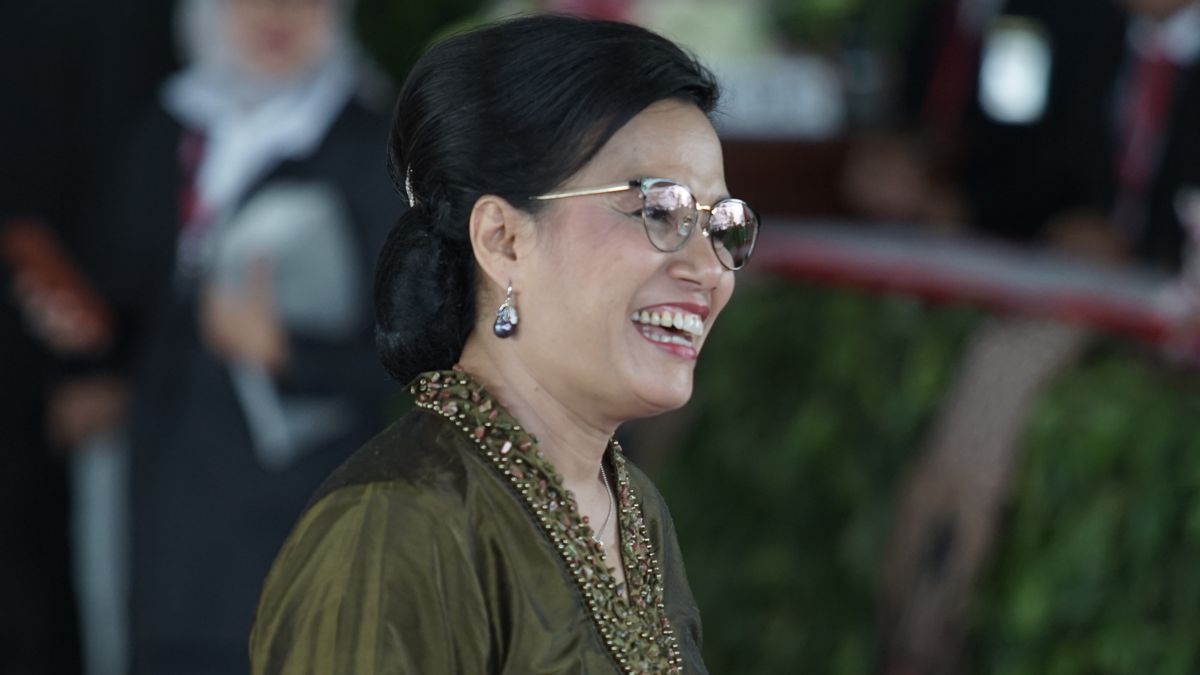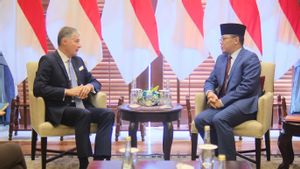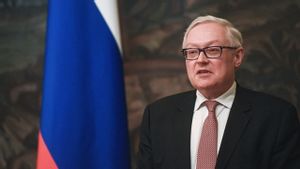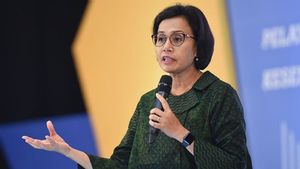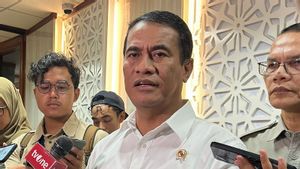JAKARTA - Minister of Finance (Menkeu) Sri Mulyani Indrawati has suggested that sweetened drinks in packaging can be subject to excise duties with rates starting from IDR 1,500 per liter to IDR 2,500 per liter, depending on the type.
"Many countries have imposed excise on dangerous goods, one of which is sweetened drinks," said Sri Mulyani during a Joint Working Meeting with Commission XI of the Indonesian House of Representatives, at the Parliament Complex, Jakarta, Wednesday.
Sri Mulyani said that the imposition of excise on sweetened drinks aims to reduce sufferers of diabetes mellitus in Indonesia, which continues to grow every year and attacks people with ages starting from 15 years.
"We all know that diabetes is one of the diseases that has the highest phenomenon and is growing, especially along with the increase in people's income. Maybe this is one of the big costs for BPJS Kesehatan, "he said.
Sri Mulyani explained that the excise tariff of IDR 1,500 per liter will be imposed on packaged tea whose production reaches 2,191 million liters per year, so that through this policy it is hoped that it can reduce to 2,015 million liters per year with a potential revenue of IDR 2.7 trillion.
Furthermore, the excise tariff of IDR 2,500 per liter will apply to carbonation whose production reaches 747 million liters per year and if the excise is applied the production will only be 687 million liters per year with a potential revenue of IDR 1.7 trillion.
Not only for carbonation, an excise tariff of IDR 2,500 per liter will also be applied to other sweetened drinks such as coffee, concentrate and energy products, which annually reach 808 million liters.
"Products such as energy drinks and sachet coffee, whose production is 808 million liters, are priced at Rp. 2,500 per liter and elasticity of 0.8, so the estimated production after excise is 743 million liters with a potential revenue of Rp1.85 trillion," he said.
He stated that if the imposition of excise tax on sweetened drinks in packaging is approved by the Indonesian Parliament, the total potential state revenue will increase by Rp.6.25 trillion.
Not for MSMEs
Sri Mulyani said that the policy did not apply to non-factory manufactured and packaged products such as MSMEs, honey and vegetable juices without the addition of sugar, and goods for export as well as damaged and destroyed goods.
"For the subject of this excise are domestic manufacturers or production and importers or foreign production," he said.
Excise payments are made when products are released from the factory or port on a monthly basis every month, while supervision is carried out through manufacturer registration, production reporting, physical control and audits.
On the other hand, Sri Mulyani said that her party has not been able to explain the impact of the application of excise on packaged sweetened drinks on inflation, but she projects that it will be greater than the plastic excise of 0.045 percent.
Responding to this, the members of Commission XI DPR RI in a Joint Working Meeting with the Ministry of Finance (Kemenkeu) asked the government to form a detailed road map for the expansion of this excisable item.
"Commission XI DPR RI asked the government to make a road map for the expansion of excisable goods," said the Chairman of Commission XI DPR RI Dito Ganinduto.
The English, Chinese, Japanese, Arabic, and French versions are automatically generated by the AI. So there may still be inaccuracies in translating, please always see Indonesian as our main language. (system supported by DigitalSiber.id)
